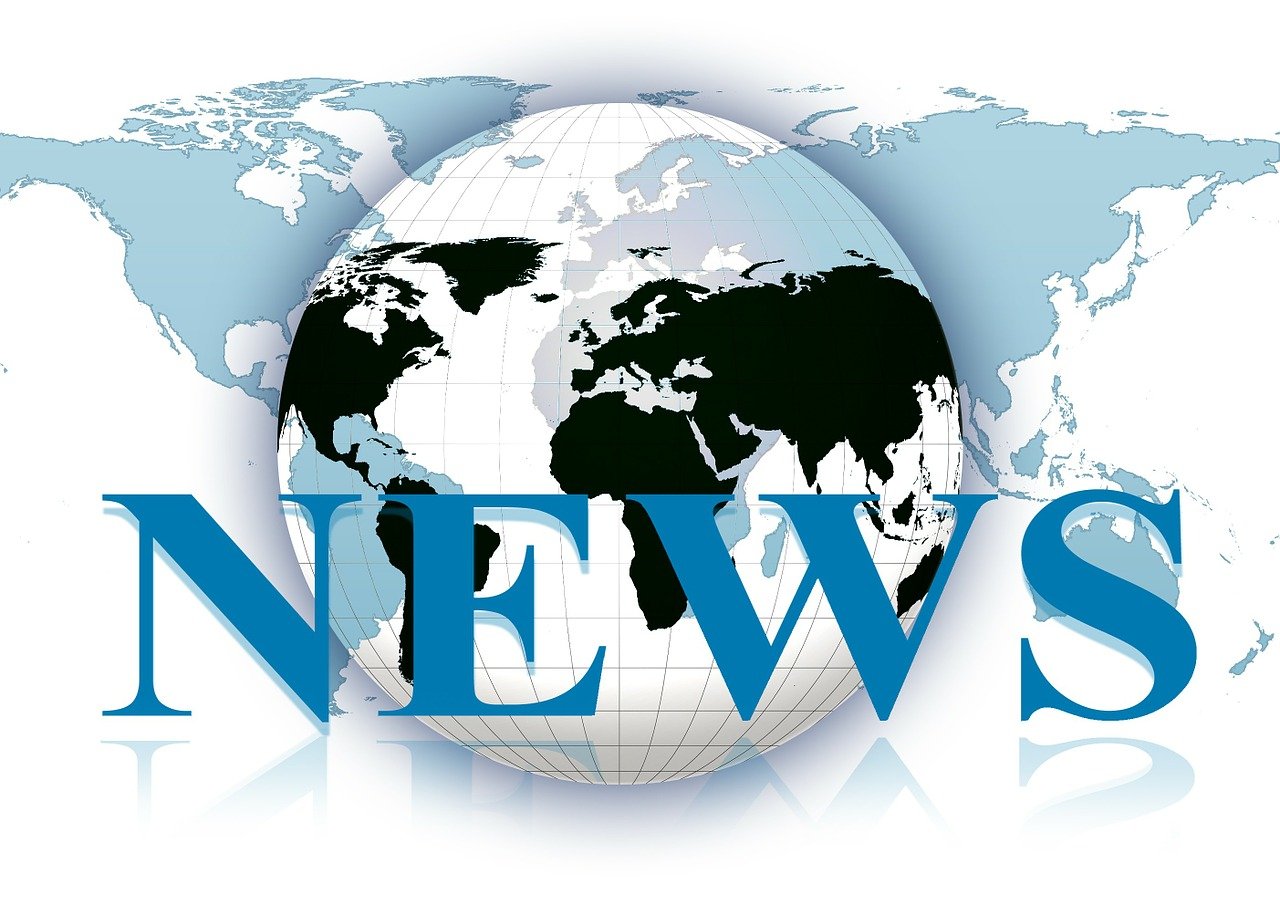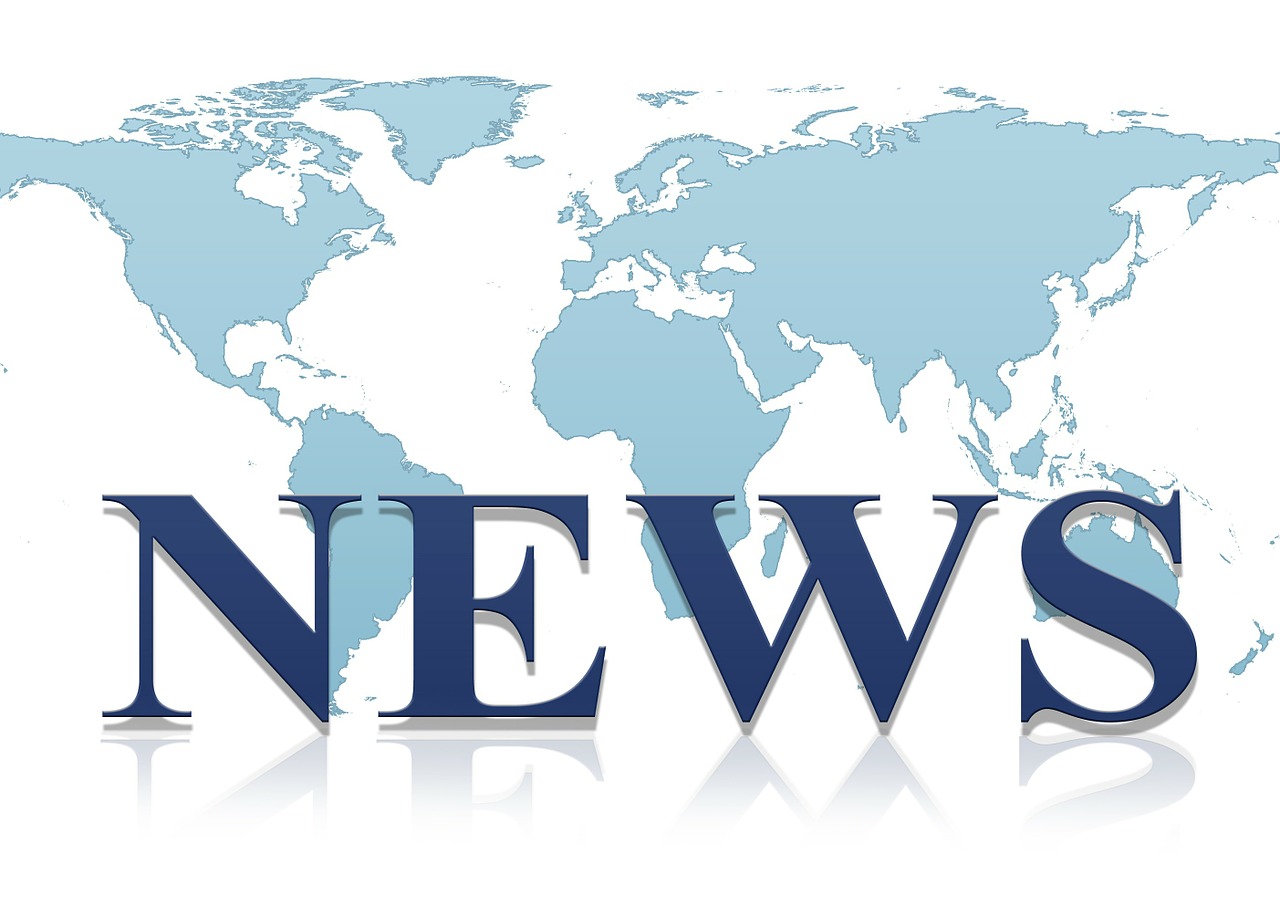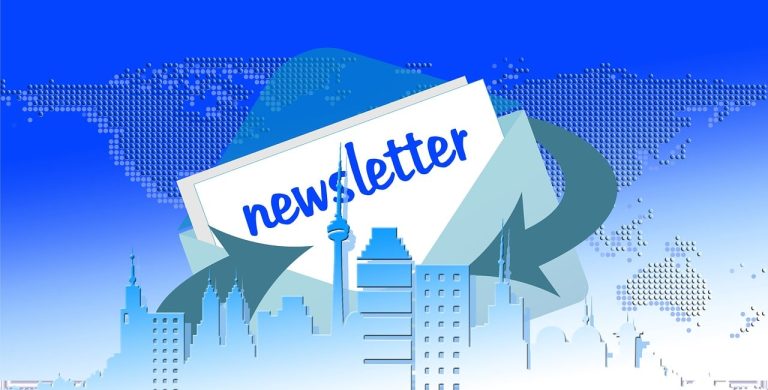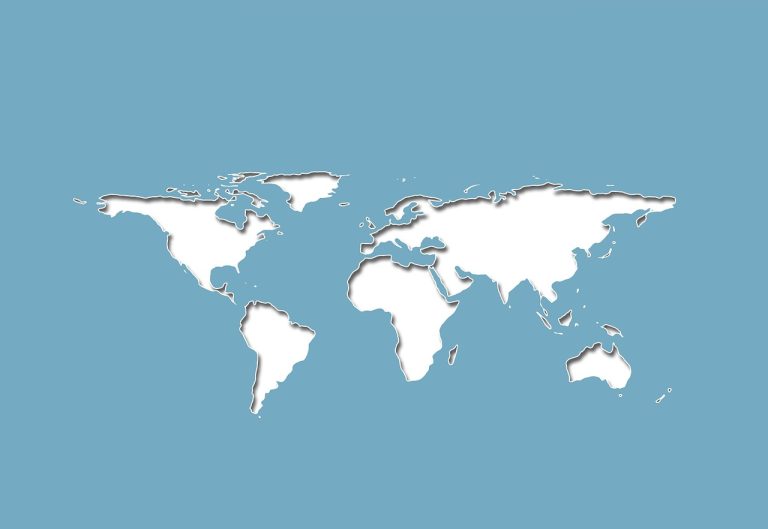
The Tug-of-War in Philippine Education Policies: Political Agendas and Their Consequences on the Future Generation
The education system in the Philippines has long been a subject of intense debate and scrutiny. The country’s education policies are frequently at the mercy of political agendas, leading to a tug-of-war that significantly impacts the future generation. This article delves into the intricacies of these political influences, examining how they shape the educational landscape and what that means for Filipino students.
Political Agendas and Their Role in Education Policy
Political agendas often dictate the direction of education policies in the Philippines. Over the years, various administrations have introduced reforms purportedly aimed at improving the education system. However, these reforms frequently align with the political interests of those in power, rather than the actual needs of the students.
For instance, the implementation of the K-12 program was initially met with resistance from different sectors. While it aimed to align the Philippine educational system with international standards, critics argued that the government’s motives were more politically driven than educationally beneficial. The program’s rushed implementation and lack of resources underscored the dissonance between political aspirations and educational realities.
Impact on Curriculum and Teaching Methods
The influence of political agendas extends to the curriculum and teaching methods employed in schools. Changes in government often lead to shifts in what is taught and how it is delivered. This instability can be detrimental to the quality of education.

For example, the inclusion of “Araling Panlipunan” (Social Studies) in the curriculum has been a point of contention. Some administrations have used it as a tool to promote nationalism, sometimes at the expense of critical thinking and comprehensive historical education. This manipulation of the curriculum for political purposes can stifle students’ ability to engage with complex social issues critically.
Resource Allocation and Infrastructure
Resource allocation is another area where political agendas play a significant role. Education budgets are often influenced by the priorities of the ruling party, leading to disparities in resource distribution among schools. Urban schools typically receive more funding and resources compared to their rural counterparts, exacerbating educational inequality.
The lack of infrastructure in many rural schools highlights this issue. Many schools operate without basic facilities such as libraries, laboratories, and even sufficient classroom space. This neglect is often a result of political decisions that prioritize short-term gains over long-term educational development.
The Role of Teachers and Educational Professionals
Teachers and educational professionals are often caught in the crossfire of political battles over education policy. Their roles and responsibilities are frequently redefined with each change in administration, leaving them to navigate an ever-shifting landscape.
The lack of consistent support and professional development opportunities for teachers further complicates the situation. While some political agendas promise to uplift the teaching profession, the implementation of such promises is often lacking. This inconsistent support affects teachers’ morale and their ability to provide quality education to students.

Consequences for the Future Generation
The consequences of these politically-driven education policies are far-reaching. Students are often the ones who bear the brunt of these decisions, as they receive an education that may not fully prepare them for the challenges of the modern world.
The focus on political agendas over educational needs can lead to a generation that is ill-equipped to compete in a globalized economy. The lack of critical thinking skills, inadequate infrastructure, and insufficient resources contribute to a system that fails to nurture the potential of its students.
Moreover, the emphasis on rote learning and standardized testing, often influenced by political objectives, stifles creativity and innovation. Students are not encouraged to think outside the box, limiting their capacity to develop new ideas and solutions.
Moving Forward: Balancing Politics and Education
Addressing the tug-of-war in Philippine education policies requires a concerted effort to separate political agendas from educational development. Stakeholders, including government officials, educators, and civil society, must work together to create a more stable and equitable education system.
One approach is to establish a long-term education plan that transcends political administrations. This plan should focus on inclusive education and prioritize the needs of students above all else. It should also involve a comprehensive review of the curriculum to ensure it promotes critical thinking, creativity, and adaptability.

Furthermore, increasing investment in education infrastructure, particularly in rural areas, is crucial. Ensuring that all schools have access to the necessary resources and facilities will help bridge the gap between urban and rural education.
Takeaways
The tug-of-war in Philippine education policies is a complex issue with profound implications for the future generation. Political agendas have significantly shaped the educational landscape, often to the detriment of students. However, by prioritizing educational needs over political interests, there is hope for a more equitable and effective education system.
Moving forward, it is essential to focus on creating a stable, inclusive, and forward-thinking education system that empowers Filipino students to thrive in an ever-changing world. By doing so, the Philippines can ensure that its future generation is well-equipped to meet the challenges and opportunities of the 21st century.
Ultimately, education should be a tool for empowerment, not a pawn in political games. It is time for all stakeholders to come together and work towards an education system that truly serves the interests of the nation’s youth.
In order to achieve these goals, meaningful engagement and dialogue among stakeholders are essential. Policymakers must prioritize the voices of educators, parents, and students in the decision-making process. By fostering an inclusive approach to policy development, the education system can better reflect the diverse needs of its students and communities.
Empowering Educators and School Leaders
Empowering educators and school leaders is a crucial step toward improving the quality of education in the Philippines. Teachers are on the front lines of education delivery, and their insights and experiences should be integral to shaping policies. Professional development opportunities should be expanded to ensure that teachers have the skills and knowledge necessary to adapt to new teaching methods and technologies.

Moreover, school leaders should be equipped with the tools and resources needed to implement effective educational strategies. By investing in leadership training and support, schools can foster environments that encourage innovation and collaboration among teachers and students alike.
Integrating Technology in Education
Technology integration in education is another area that requires attention. The digital divide remains a significant challenge, with many rural and underserved communities lacking access to essential technological resources. By investing in digital infrastructure and providing training for teachers and students, the Philippines can ensure that all learners have the opportunity to benefit from technology-enhanced education.
Incorporating technology into the curriculum can also help students develop essential digital literacy skills. These skills are increasingly important in the modern workforce, and equipping students with them can enhance their employment prospects and global competitiveness.
Addressing Educational Inequality
Addressing educational inequality is a critical component of creating a more equitable education system. This involves not only improving access to resources and infrastructure but also addressing systemic barriers that disproportionately affect marginalized communities.
Programs that focus on providing support for disadvantaged students, such as scholarships and mentorship initiatives, can help level the playing field. Additionally, promoting inclusive education practices that accommodate diverse learning needs can ensure that all students have the opportunity to succeed.

Strengthening Community and Family Involvement
Community and family involvement plays a vital role in supporting students’ educational journeys. Schools should actively engage with families and local communities to build strong partnerships that enhance student learning and well-being.
By creating open channels of communication and providing opportunities for family involvement in school activities, educators can foster a supportive learning environment. This collaborative approach can lead to improved student outcomes and a greater sense of community ownership in educational success.
The Way Forward
Ultimately, achieving meaningful change in the Philippine education system requires a long-term commitment from all stakeholders. By prioritizing the needs of students and educators over political agendas, the country can build a robust and resilient education system that prepares future generations for success.
Collaboration, innovation, and inclusivity should be at the heart of all education policies and initiatives. By embracing these principles, the Philippines can create an education system that is not only equitable and effective but also capable of adapting to the challenges and opportunities of the future.
It is time for the Philippines to move beyond the tug-of-war of political agendas and focus on creating a brighter future for its students. Through dedicated efforts and a shared vision, the nation can empower its youth to reach their full potential and contribute meaningfully to society.
As the country charts a new course for education, it is imperative to remember that the true measure of success lies in the opportunities and achievements of the future generation. By working together, the Philippines can ensure that its education system is a beacon of hope and progress for all.



